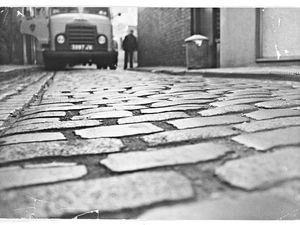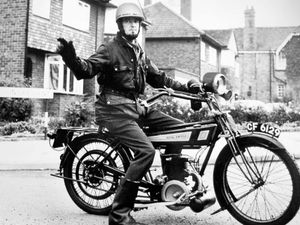Poll: Should the morning-after pill be available for sale to under 16s?
The morning-after pill has been officially licensed for use by girls under the age of 16 for the first time.
The drug, called ellaOne, can be effective up to five days after sex, and will be available across the country to girls under the age of consent.
Under the licence from the European Medicines Agency, it is available for use by any woman of reproductive age in Europe.
Up until now, certain pharmacies have been allowed to supply teenagers with emergency contraception such as Levonelle, which works up to three days after unprotected sex.
The move has been welcomed by the Royal Pharmaceutical Society (RPS), which says it will enable greater access to a type of emergency contraception that is effective for longer than the option that is currently available.
RPS president Ash Soni said: "The most important thing to know about emergency contraception is that it is most effective the sooner it is taken after unprotected sex.
"This is true for both types of tablet. The current tablet available in pharmacies, which contains levonorgestrel, can be effective up to three days (72 hours) after unprotected sex. EllaOne, which contains ulipristal acetate, can be effective to up to five days (120 hours) after unprotected sex.
"This reclassification is a benefit to public health as it widens the options for women at risk of unplanned pregnancy whilst maintaining professional standards of provision.
"Pharmacists can also advise about a wide range of methods of regular contraception which will always be more effective than emergency contraception tablets."
Although a girl hoping to by the pill - sold for about £34.99 - will be able to get it from most pharmacies, she will have to answer a series of questions before it is supplied.
Under the "Gillick competent" guidelines, pharmacists are required to ascertain whether a girl is mature enough to understand what has happened to her and the consequences of taking the pill, and whether her parents need to be informed.
Figures released by the Office for National Statistics (ONS) in February revealed that the rate of conception for under-18s in England and Wales was at its lowest since records began in 1969.
Pregnancy rates for women aged between 15 and 17 were 24.5 conceptions per thousand.
The figures showed a 13% drop in the estimated number of conceptions for women under 18 in 2013, down to 24,306 in 2013 compared with 27,834 in 2012.
For the under-16s, there was also a 14% drop in the number of conceptions - an estimate of 4,648 in 2013, compared with 5,432 in 2012.
The report showed the percentage of pregnancies resulting in abortions among the under-18s in 2013 was at 50.7% in England and Wales, up from 48.7% in 2012.
There were 1,151 conceptions for 14-year-olds and 227 for the under-14s in 2013 - both slightly down on the year before.
Last March the National Institute for Health and Care Excellence (Nice) said under-25s - including those under the age of consent - should be able to access emergency contraception more readily, including pills and the IUD (intrauterine device, or coil).





